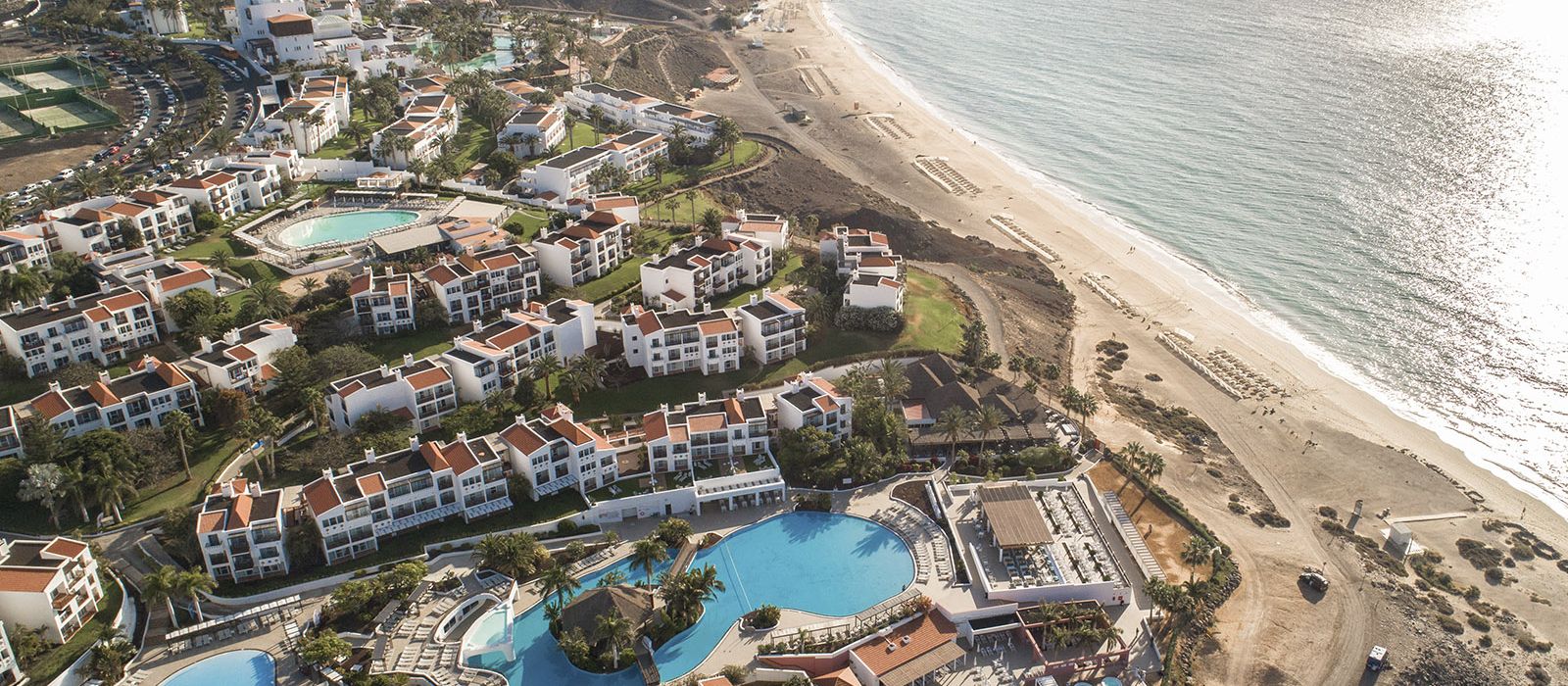With Thomas Cook Airlines going out of business that left a hole in the low cost package tourism industry which is taking a toll on Spanish resort destinations.
Spain’s government is responding with 300 million euros in subsidies “including emergency credit lines and a reduction in airport fees” and – paradoxically, considering the whole issue is reduce tourism – “plans to spend €500m in improving tourism infrastructure.”
One hotel that didn’t hedge at all and was reliant entirely on Thomas Cook for visitors has already closed. The Fuerteventura Princess booked out 95% of its 688 rooms through Thomas Cook in a deal that ran through 2023. The hotel employs 160 people, and they represent about 5% of expected layoffs.
Hotels by the way are on the hook for VAT taxes “on bills charged to Thomas Cook and its subsidiaries which they know they’ll never be paid.”

Credit: Fuerteventura Princess
Meanwhile workers have to show up at a bankrupt Thomas Cook subsidiary even though they aren’t getting paid and there’s no work to do – a quirk of Spain’s unemployment rules.
The In Destination Incoming agency, based in Palma, Majorca, went into liquidation days after Thomas Cook ceased operations, reportedly announcing debts of a €57m.
“We have no guests in any resorts, but due to Spanish law we have to present ourselves at work every day to complete our 40 hours,” one worker from Palma told the BBC on the condition of anonymity due to what she described as “ongoing legal proceedings”.
“If we do not go, they will take it as our resignation instead of an official dismissal or redundancy, and we won’t be able to claim anything at all,” she added.
Pep Ginard, of the CCOO services sector union in the Balearics, confirmed that staff at In Destination Incoming faced a “long and difficult process” to claim back pay and a redundancy package which, under Spanish labour laws, should be worth at least 20 days’ wages per year of service.
Of course other airlines will be picking up the slack bringing package holiday goers to Spanish resorts. Customers out money in the short-term likely won’t be rebooking until next season, however. Spain’s response is a complex web of arcane regulation and subsidy.


Caveat to all travelers expecting any fairness from Spain:
If you think you will have any financial relief thru EU261, forget it. As Iberia Airlines has been tolerated by the government of Spain to twist in many ways to delay and prevent any timely and appropriate remuneration, Spain has created, if not blessed, a difficult game to play for anybody seeking fair play.
Fuerteventura Princess seems to still be accepting new bookings on their website.
@Mark, that seems to be the case more broadly. My dealings with a French carrier have been equally challenging and convoluted. Seems to be a stall, obfuscate, lowball process. Actually when I chatted with other passengers about EU261 as we finally lined up to get on the plane after the long delay, they either didn’t know about the law or figured it would be too much hassle to get anything, besides the food and hotel they did provide. I’d like to see a discussion on what percentage of people actually entitled to compensation truly receive anything at all, and how many receive the full legal value.
If you think the bankruptcy law is strange, you should look into the Spanish squatting law. If you don’t kick a squatter out after a week or two, they are legally entitled to remain in your apartment for 5 – 6 months until a court approves their eviction.
I don’t understand why you say Hotels are “on the hook for VAT Bills” charged on invoices to Thomas Cook? Unless I am mistaken, these invoices would be a cross EU border charge from one EU Territory (Es) to another UK. Unless I am mistaken, such invoices are therefore regarded as an intra-EU Export transaction which does not attract VAT and so are zero rated for VAT purposes. Likewise, even if invoiced with Spanish VAT there is such a thing as “bad debt relief” for unpaid bills/VAT to a supplier. Unless of course they a Billing a Spanish registered Thomas Cook Company, but even then there is debt relief, usually after 90 days.